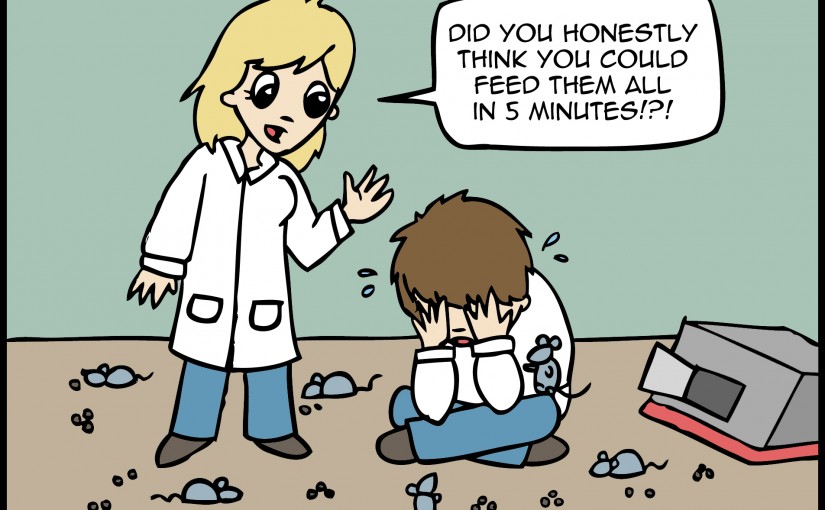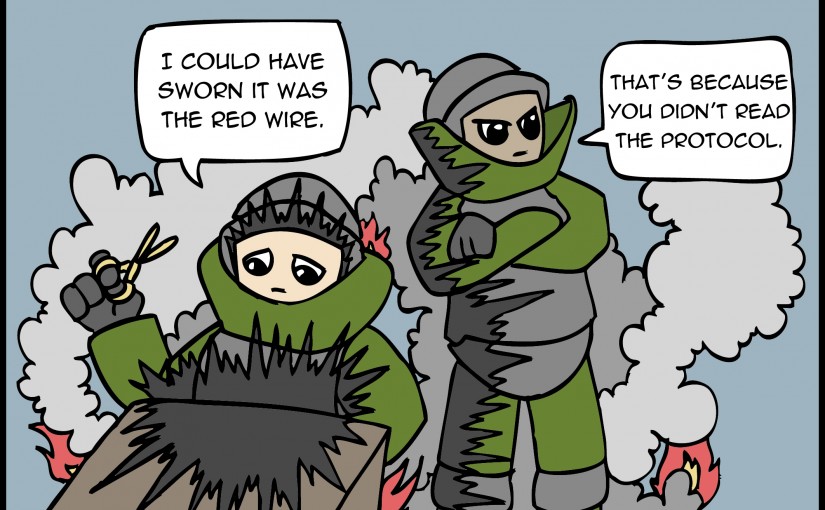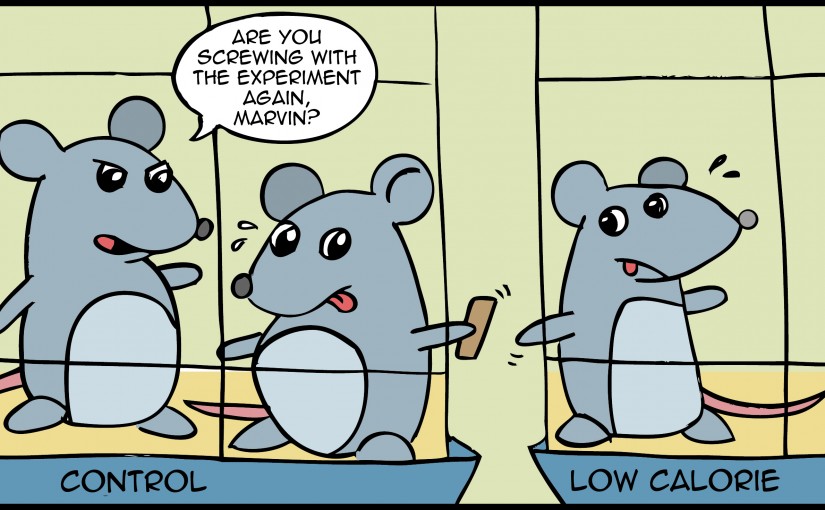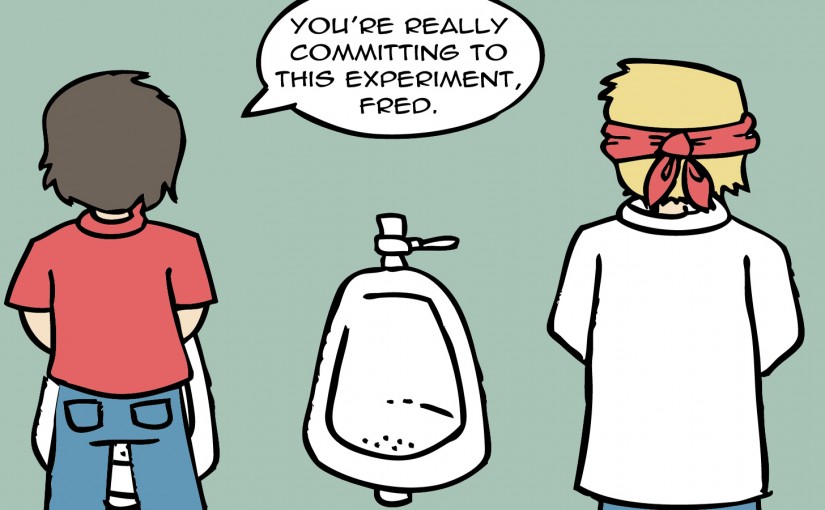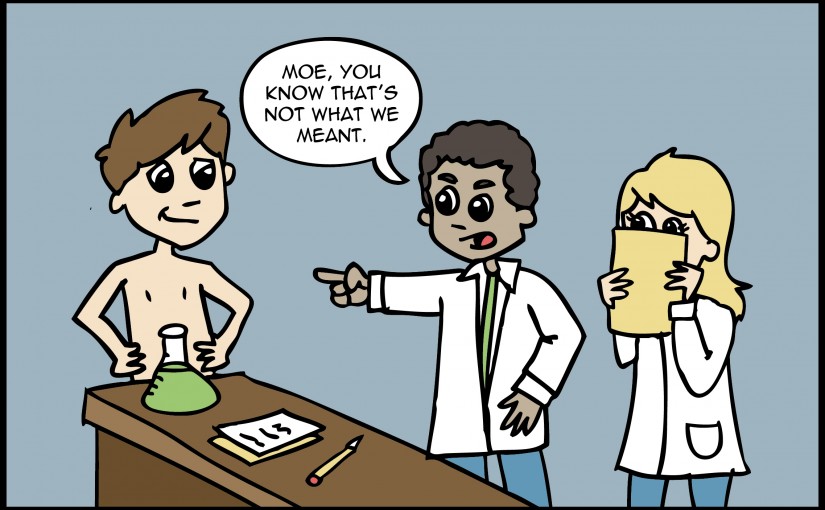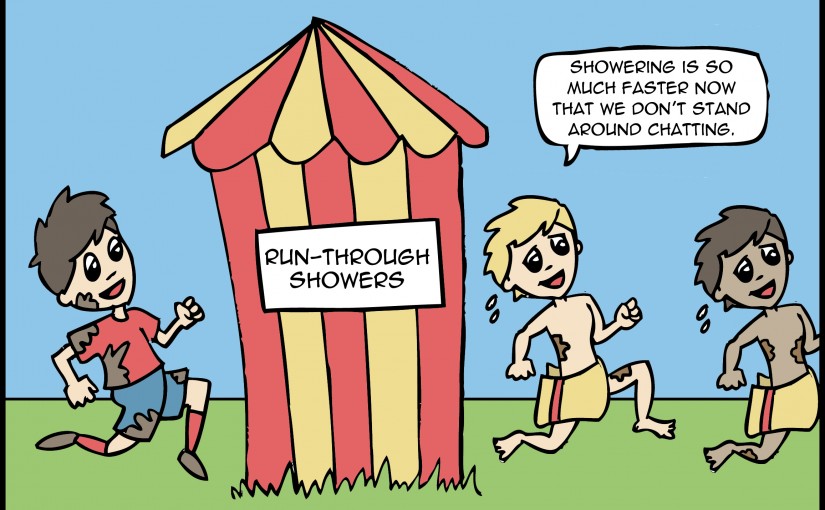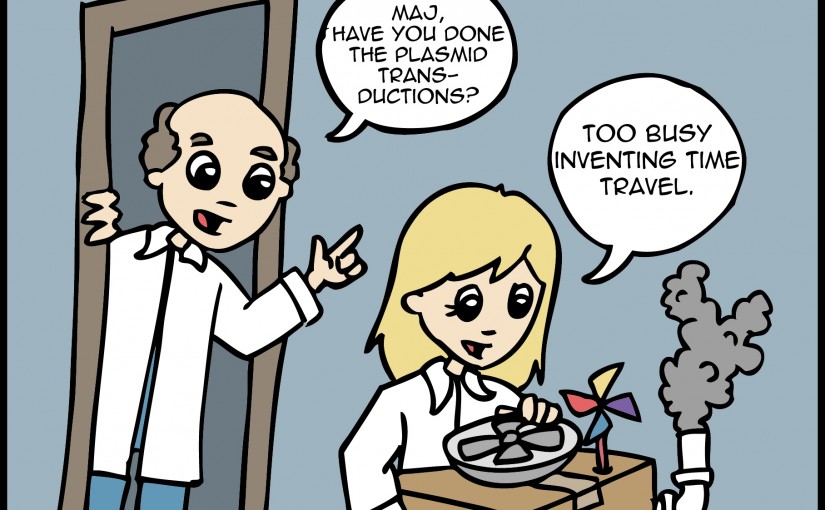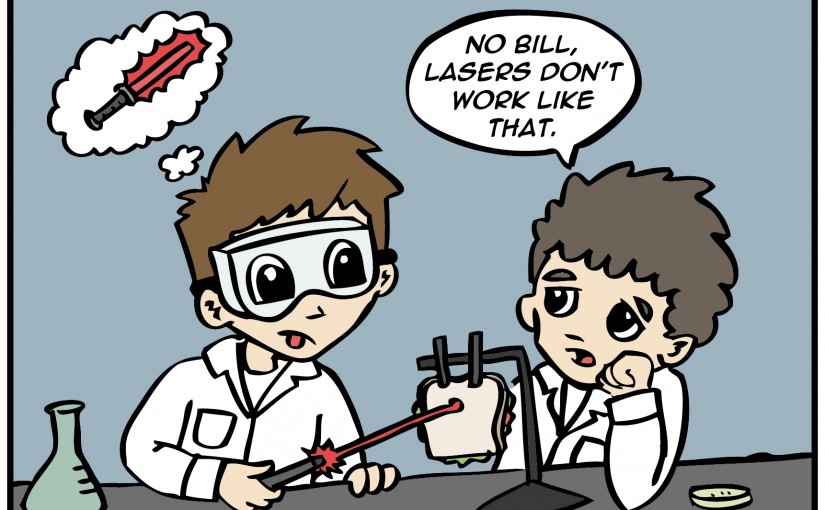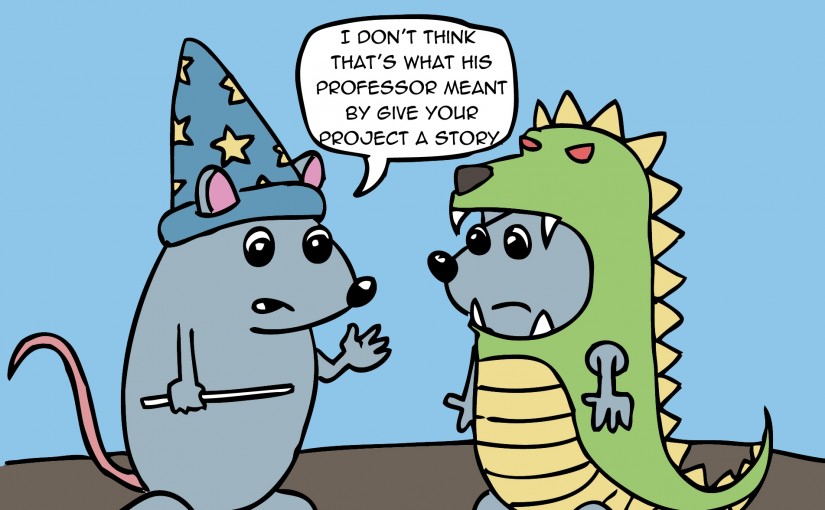Chances are that you have some good ideas, and perhaps you also think that what your supervisor is asking you to do doesn’t make sense. Whilst this is a controversial issue, there are at least some ground rules you should follow.
See Ground RulesGround Rules:
- Don’t completely ignore them and do your own work. If they don’t like your ideas then discuss the scientific merits with them further. If they have questions, answer them, and if they find problems, find ways around them.
- If you don’t get along with your supervisor then that’s fine. Not everyone can get along. But that doesn’t mean you should deliberately antagonize them. Try and be as polite as possible, and when possible mend fences.
- Don’t form collaborations with other groups behind the back of your supervisor. This may embarrass them and they may not react well when they find out. Tell them what you are doing and what relevance it has to your project. If it doesn’t have any relevance, then you probably shouldn’t be doing it. Also state that you are doing it on the side, not at the cost of work they want you to do.
- If you are working hard out of hours, send them emails with updates to let them know. Otherwise you might be unpleasantly surprised by their impression of you.
In the end, if you have ignored everything your supervisor has said, they will be less invested in helping you pass your degree. If it was their ideas you were following then they will have a responsibility to ensure you pass.
If they think the work you have done is nothing to do with them and they never approved it, then they have much less reason to help you. They may refuse to read your work or take longer to get it back to you, and will be less forthcoming with other help that you need.
This is not to say that you shouldn’t also act upon your own ideas AS WELL as doing the work they give you. Even if they are bad, you will learn a lot from carrying them out, and it is easier to be passionate about work you have designed yourself. Make sure you plan everything out with the relevant controls. Think about how novel the work is and what EXACTLY the results will show.
Get Practical Tips for Designing your own ResearchPractical Tips for Designing your own Research:
- Remember how easy it is to be biased towards your own work. Don’t just think about how good the data will be if they show exactly what you want them to show. Think about what else they might show, and whether that is still worth knowing.
- Think whether you are doing the procedures the best way, and are you using the most precise measurement of the parameter you are testing.
- Read literature in agreement and disagreement with your hypothesis, and consider the implications of the latter.
Read Personal PerspectivePersonal Perspective:
I was a big one for designing my own experiments. I was lucky enough to be passionate about what I was doing and my interest spawned ideas. In my head, all of them were ground breaking, but rarely did they survive a trip to my supervisor.
He was not being cruel; he had just spotted things about them that I hadn’t. Objectivity and experience allowed him to see the flaws in my work that I could not.
Whenever I tried to bypass his approval and run the experiments, I was always disappointed with my results. They all contained some flaw that I had not anticipated, or suffered from bad planning. I could have saved a lot of time and lab money by not bothering.
Others I have known have compounded this mistake by adding their own data unapproved to their thesis, and vehemently defending it in their viva. This almost led to failing their PhD.
Apply objectivity to your own work as you would to other people’s. Respect your supervisor and listen to their advice. It makes it all the more satisfying when they like your ideas.
Have you made similar mistakes? Share your experiences or feelings about this guideline in the comments below, or just give it a thumbs up.
